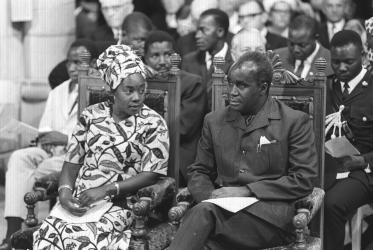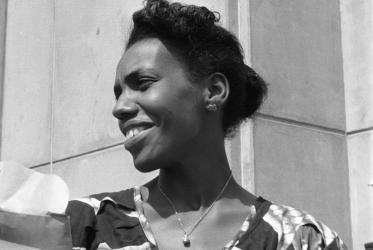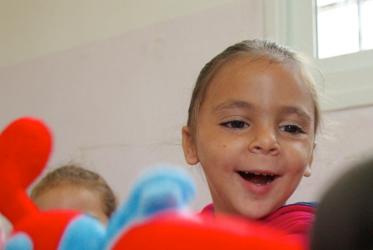Displaying 1 - 9 of 9
25 June 2021
Young Africans are eager to grapple with challenges
09 January 2020
A tribute to Rev. Dr Rena Joyce Weller Karefa-Smart
21 January 2019
Churches must create and sustain healthy communities
09 April 2013
Churches engage in development dialogue on Africa
06 March 2013





